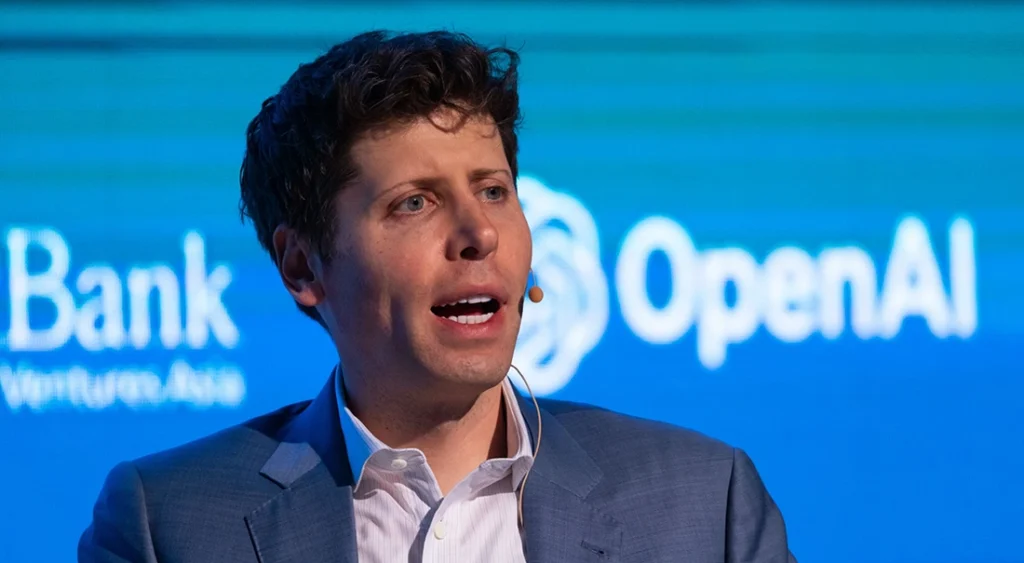During a recent Reddit AMA, Sam Altman, CEO of OpenAI, shared that limited compute resources are a key reason why the company’s product rollouts are slower than anticipated. In response to a question on the delay of OpenAI’s next-generation AI models, Altman explained that the models’ complexity has increased significantly, and OpenAI faces tough choices about how to allocate its compute resources to various projects.
Recent reports point to OpenAI’s struggle with securing enough computational power to support and develop its large-scale models. Reuters, citing insiders, reported that OpenAI has been collaborating with Broadcom on designing a custom AI chip, projected to be available by 2026, which could help alleviate these limitations.
As a result of these constraints, Altman confirmed that ChatGPT’s Advanced Voice Mode, a feature initially showcased in April that allows the model to interact with real-world visual cues, is unlikely to include vision capabilities soon. Although the feature was demonstrated with a camera-integrated response capability, it appears that the rollout was accelerated primarily to draw attention during Google’s I/O conference that same week, according to Fortune. Internally, OpenAI’s team was cautious about showcasing GPT-4’s readiness, leading to a delayed release for the audio-only version of Advanced Voice Mode.
When discussing OpenAI’s DALL-E image generator, Altman shared that there is no set timeline for its next version’s release. Additionally, Sora, OpenAI’s video-generation tool, has faced technical and compute-related setbacks. In the AMA, OpenAI’s Chief Product Officer Kevin Weil cited challenges in fine-tuning Sora, managing safety protocols, and ensuring impersonation controls. Sources note that Sora’s initial model, introduced earlier in the year, required over 10 minutes to generate a one-minute video—a performance that lags behind competing tools from companies like Luma and Runway. This year, Sora’s development saw a setback when co-lead Tim Brooks departed for Google in October.
Altman also hinted that OpenAI is open to potentially allowing “NSFW” content within ChatGPT, explaining that the company values user autonomy and responsible access for adult users. He emphasized that OpenAI is prioritizing improvements to its o1 series of “reasoning” models, along with previewed updates, including enhanced image understanding, at their recent DevDay event in London.
“We have some very exciting releases planned for later this year,” Altman noted, but clarified that there are no immediate plans for a release that would be branded as GPT-5.

